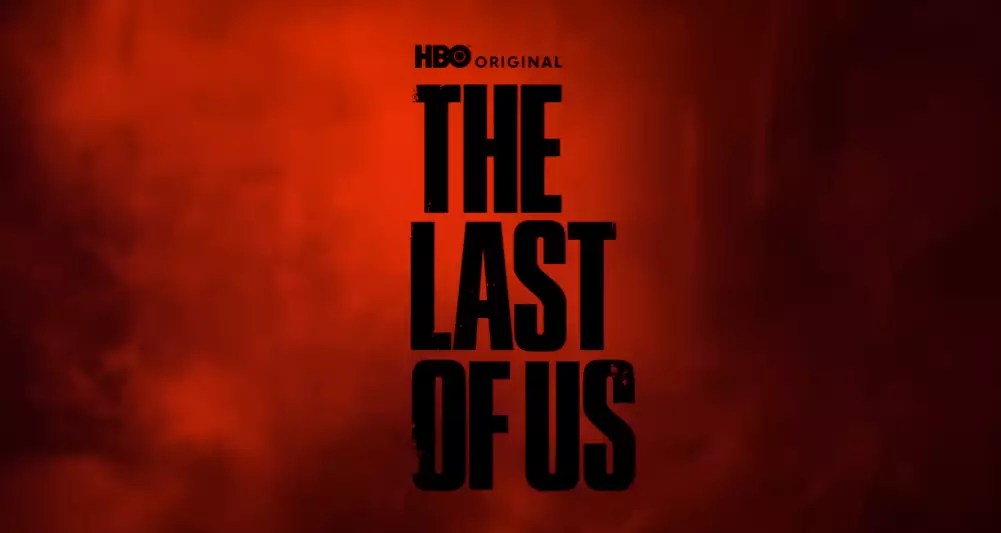The television landscape is ever-evolving, continually surprising audiences with unexpected performances that challenge our perceptions of actors. One of the latest instances of this delightful unpredictability arises from HBO’s critically acclaimed series, The Last of Us. The show’s fourth episode of Season 2 saw a notable appearance by Josh Peck, best known for his comedic roles in Nickelodeon hits like Drake & Josh and The Amanda Show. However, in this universe rife with moral dilemmas and dystopian tensions, Peck’s character, Janowitz, transforms the familiar face of comedy into that of a chilling enforcer of a repressive regime, cleverly named FEDRA.
This role marks a significant departure from Peck’s past work, showcasing his versatility as an actor. While the scene is brief, it is powerful enough to leave a lasting imprint. Janowitz stands out as a soldier who revels in the dark triumph of abusing his power over others, communicating with a biting monologue about the thrill of detaining “voters,” a euphemistic term that FEDRA uses to further dehumanize those living in quarantine zones. Janowitz’s sardonic humor and callousness reveal not only the disturbing mindset the character embraces but also serve as a critique of authority figures who take pleasure in subjugation.
Dark Humor Meets Tragedy
The dialogue in this scene carries an uncomfortable blend of dark humor and harsh realities, illustrating the twisted camaraderie among soldiers. Janowitz’s interaction with his colleagues encapsulates a brutal camaraderie that thrives in environments where immorality becomes the norm. The exchange about “jerking off and spl**ging in the streets” adds a cynical layer, offering audiences a glimpse into the grotesque humor often employed as a coping mechanism in times of violent conflict. However, what initially appears as a moment of levity quickly gives way to the severe implications of the characters’ actions.
Amidst this grotesque banter, a pivotal moment unfurls when Isaac, portrayed by Jeffrey Wright, emerges as a double agent. The tension crescendos as Isaac solidifies his betrayal of FEDRA, locking Janowitz and his fellow soldiers in the van before tossing in a grenade. This scene serves as a dark reminder of the dire choices individuals are forced to make in the blurry moral landscape of war. It’s a moment that starkly juxtaposes humor and horror, illuminating the double-edged sword of laughter in the face of tragedy.
Josh Peck’s Transformation and Reflection
After the episode’s release, Peck shared his initial hesitance towards tackling such a grave role. In an interview with Variety, he candidly described himself as a “wimp,” struggling to lean into the darker themes presented in The Last of Us. It’s refreshing to see an actor reflect on vulnerability, especially when entering an intensely serious role following a career steeped in comedic performances. His journey from laughter to heartbreak is not merely about acting but also underscores the broader narrative theme concerning the potential for transformation in dire circumstances.
Peck’s reflections on his experience on the show further emphasize the high caliber of artistry involved in productions of this nature. He spoke of the meticulous nature of the script and the professionalism of the cast, highlighting that working with talented individuals elevates the experience of acting itself. This insight reveals how collaborative creativity can lead to compelling storytelling, breaking the stereotype that comedic actors are unable to play complex or villainous roles.
Expanding Horizons: The Impact of The Last of Us
As viewers await the final episodes of Season 2, with Season 3 already greenlit, the implications of The Last of Us extend beyond mere entertainment. The show provides a canvas for exploring uncomfortable themes about humanity, morality, and the consequences of power. An actor like Josh Peck stepping into such a role serves as testament not just to his individual growth, but also to the series’ ongoing commitment to transformative storytelling.
This unexpected casting decision sheds light on the oft-overlooked complexities behind seemingly straightforward narratives, urging viewers to engage with the themes on a deeper level. The Last of Us is not merely a tale of survival; it’s a profound exploration of human nature, morality, and the resilience of the human spirit, made all the more poignant by surprising performances like Peck’s. This evolution within the show invites audiences to reconsider who gets to tell these stories and how stories can shape the way we understand humanity in its darkest and most illuminating moments.


Leave a Reply